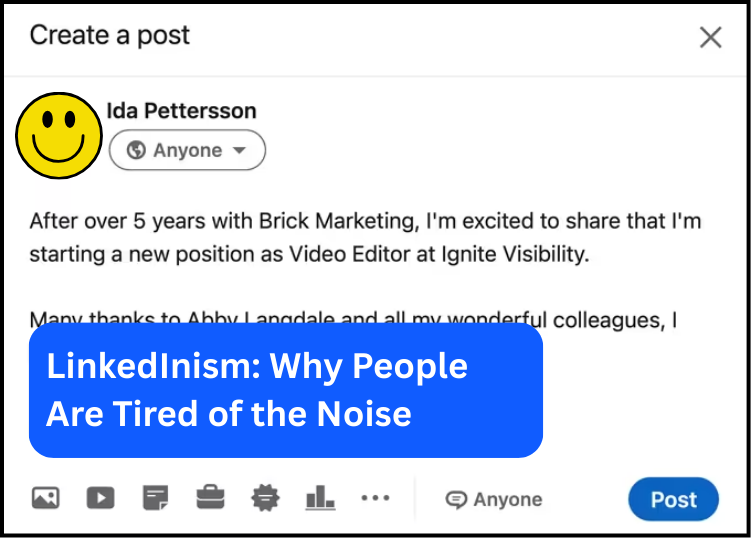Not every job offer is what it seems. With remote work becoming more common and job searches often happening entirely online, it’s easier than ever for scammers to pose as recruiters or hiring managers. Whether it’s a fake company, a stolen job listing, or a sketchy message in your inbox, the warning signs are usually there if you know what to look for.
Here are 10 red flags that should make you pause before accepting that “too good to be true” opportunity.
1. They Contact You Out of Nowhere with an Offer
Legit recruiters might reach out unexpectedly, but if someone offers you a job without an interview, or after a single chat, it’s worth taking a second look. Offers should follow a process not just a DM.
2. The Job Details Are Vague (or Nonexistent)
Scam listings often skip over real job responsibilities. You’ll see phrases like “data entry,” “remote assistant,” or “brand ambassador,” but no real breakdown of what the work involves. If you can’t tell what you’d be doing, that’s a problem.
3. There’s Pressure to Respond Immediately
Scammers love urgency. If they’re pushing you to send personal details, fill out forms, or jump on a “quick call” right away — especially before you’ve even seen a contract that’s a red flag.
4. They Ask for Sensitive Information Early On
No real employer needs your bank info, ID number, or home address before you’ve signed anything or officially joined the team. If someone’s asking for this kind of data in the early stages, stop right there.
5. You’re Asked to Pay for Something Upfront
Whether it’s training, background checks, or “required equipment,” any job that requires payment to get started should be treated with suspicion. Real companies cover their own onboarding costs.
6. The Pay Seems Wildly High for the Role
If the salary or hourly rate doesn’t match the work, be skeptical. Scammers often bait job seekers with above-average compensation to get them hooked fast.
7. The Email Address Doesn’t Match the Company
If you get messages from Gmail, Yahoo, or other free email services, especially for a well-known brand, double check. Even smaller businesses typically use company domains for hiring.
8. There’s No Online Presence or a Fake Website
Try Googling the company. Check LinkedIn. Look at their website (if they have one). If there’s no trace of them or the site looks like it was thrown together overnight it might not be real.
9. They Want to Interview Over Text Only
Some startups do asynchronous interviews, but full interviews via Telegram, WhatsApp, or Messenger? That’s unusual. Most legit companies use email, video calls, or professional tools like Zoom and Calendly.
10. Something Just Feels Off
Your instincts are valid. If anything about the communication feels sketchy, trust that gut feeling. Scams often depend on people ignoring their doubts.
What You Can Do
- Research everything: Names, domains, company reviews.
- Ask questions: Real employers will be happy to clarify.
- Slow down: Scammers want you to move fast — don’t.
- Report it: You can flag job scams to platforms like LinkedIn, Indeed, or your country’s consumer protection agency.
Not every job lead is fake — but the ones that are can cost you time, money, or worse. Stay sharp, take your time, and trust the process (not just the promises).





